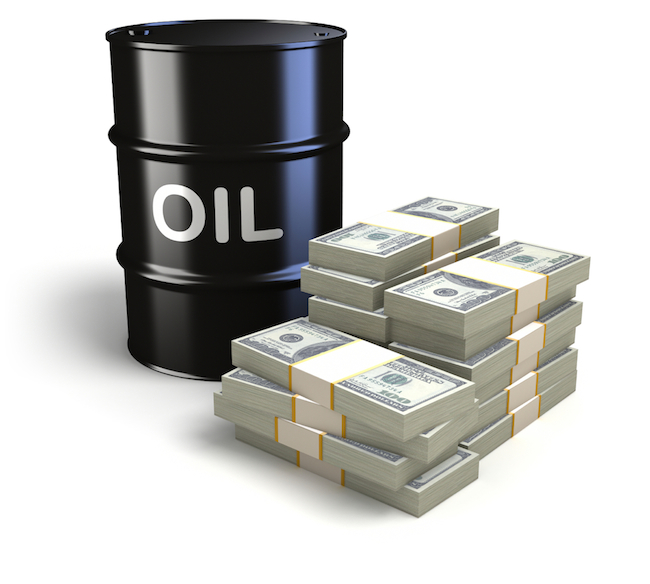
By Nnimmo Bassey
The movement against subsidising the fossil fuel industry continues to grow and is an integral part of the keep it in the ground struggle. However, in places like Nigeria, contentious subsidies are those related to the importation of petroleum products. The debate is yet to fully focus on the cost of production and related malfeasances.
The last mass national mobilisation in Nigeria happened in January 2012 when the pump price of petrol was raised from 65 Naira to 141 Naira per litre. The reasons given by the government then was that the increase in pump price of petroleum products was necessitated by a removal of subsidies.
The mobilisations lasted a full week and literally brought the government to its knees. The debates during and after the protests threw up many questions:
· Why should Nigeria export crude oil only to import refined products?
· Why are the refineries not functioning as they should despite heavy investments in their maintenance?
· What is the value of the subsidies and would government need to subsidise if the products were refined in Nigeria?
· Is there in fact any subsidy?
· What volume of products actually imported into Nigeria?
· What quantity of petroleum products are consumed in Nigeria?
Official responses to the questions were varied – depending on which official was speaking. The public believed there was an unbridgeable gap between the amount of money spent on subsidies and the volume of products actually imported. The questions still remain to be answered.
Eventually the pump price of petrol was brought to 97 Naira (then about $0.60) per litre. The price hike was moderated to 87 Naira per litre in January 2015 due to a downward slide in the price of crude oil.
When President Buhari announced the 2016 national budget on 22 December 2015, he told the nation that the pump price of petrol would remain at N87 per litre in the new year. If there is already a negative subsidy due to the the drastically reduced price of crude oil it appears that right now the Nigerian people are the ones doing the subsidising. Put it another way, the people are being taxed for what they are not consuming.
Keeping the pump price of petrol price at N87 per litre and still paying subsidies in a situation when crude oil price hovers around $36 per barrel compared to about $90 at January 2012 and $47 by January 2015 is not easy to explain. To add to the consternation of many, an official of the NNPC recently stated that the pump price of petrol is higher than it ought to be and that there are many inefficiencies in the system.
The Group General Manager, of the Nigerian National Petroleum Corporation (NNPC) told journalists in Abuja on 18 December 2015 that petroleum products were overpriced in Nigeria and that subsidies would not find a space in the 2016 budget. According to him, “Our review of the current PPPRA (Petroleum Products Pricing Regulatory Agency) template suggests that there are significant inefficiencies in the current template.”
Earlier in that week the Minister of State for Petroleum spoke of similar inefficiencies but announced that the Nigerian government plans to revert to the old pump price of N97 per litre for petrol in 2016. What are we to believe?
True Cost of Crude
It is obvious that crude oil is cheap because the true cost of crude oil is not being paid. The environment and the people continue to subsidise crude oil extraction, refining, transportation and consumption. This subsidy manifests in extreme pollution as land, sea and air, including as evidenced in the Niger Delta, the Amazonia, the Alberta oil sand fields and the fracking fields of the USA. The environment and the people have absorbed enough beating by the petroleum sector. Lives have been decimated and now the planet is being set on fire.
This mother-of-all-subsidies can only be halted by keeping the fossils in the ground. The challenge is for all humankind. Mother Earth deserves a Sabbath of rest to recover from the abuses that continue to be inflicted on her.










